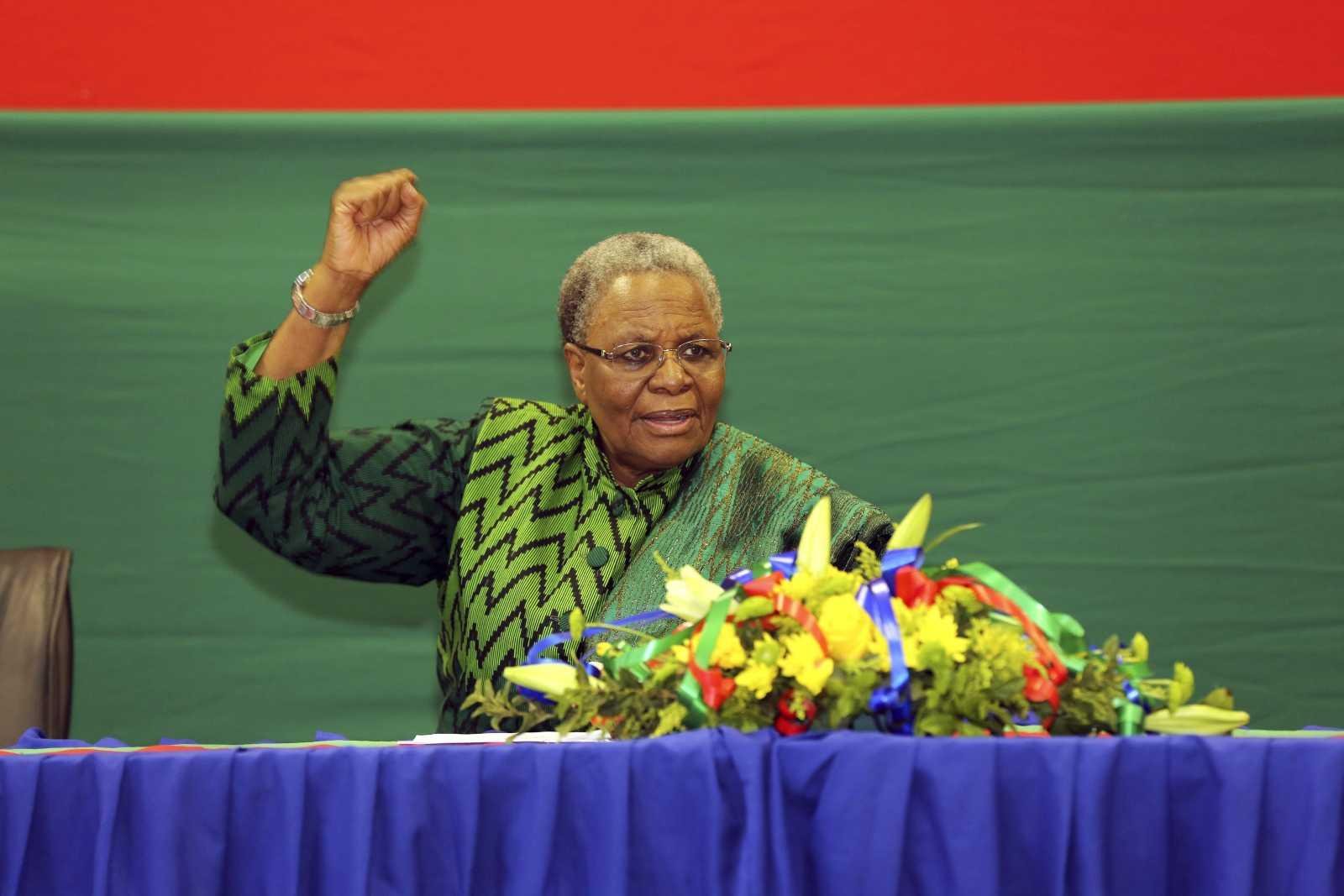The Repercussions of Female Political Participation
In November last year, Namibia elected its first female president. Netumbo Nandi-Ndaitwah was joined by Lucia Witbooi as vice president and Saara Kuugongelwa-Amadhila as the first woman to lead Parliament. Eight other posts were given to women, proving to not only be a historical moment for the Southern African nation but for the whole world. Although this contributes as an advantage to women’s equality and development, they face several barriers - this article will explore them before concluding with some recommendations.
Women in Power Politically
The equal participation of women in leadership positions is a critical factor in achieving the Sustainable Developmental Goals by 2030. As of June 2025, there are 27 countries where women serve as Heads of State and/or government (ranging from positions as president, vice president or senior politicians). These countries are spread across the world but are concentrated mostly in Europe (Iceland, Switzerland, Moldova, Denmark, Slovenia, Latvia and Italy), Sub-Saharan Africa (Namibia, Tanzania, Togo, The Democratic Republic of the Congo), Latin America (Mexico, Honduras and Peru) and the Caribbean (Dominican Republic, Trinidad and Tobago and Barbados).
Unfortunately, although this does illustrate women’s leadership in senior positions, at this current rate, gender equality in these ranks will not be reached for a staggering 130 years. The presence of women in such positions does not guarantee widespread or meaningful gender equality.
Descriptive and Substantive Representation
There is a crucial difference between descriptive and substantive representation. Descriptive representation refers to the physical presence of women in political spaces, while substantial representation concerns their ability to influence policies which advance gender equality.
For example, Rwanda has the world’s highest percentage of women in parliament (61.3%), with females occupying ministerial and judge posts. In 2003, the Rwandan Constitution introduced a 30% quota for women in all state decision making bodies, a threshold which has since grown. Nevertheless, Rwanda remains a ‘patriarchal and conservative’ society with a majority of the women being confined to the fields and home. Gender based violence and teenage pregnancy also remain high.
In the same vein, across the world, women may be appointed to leadership roles but assigned ‘soft’ ministries like education and social affairs, rather than powerful ones like finance or defense.
Violence against women in politics
Globally, 1 in 3 women experience domestic violence at the hands of former partners. In fact, the cost of domestic violence to the economy threatens around 2% of GDP worldwide. For women in power, male colleagues are the primary perpetrators of all forms of violence which impacts them. A 2016 report by the Inter-Parliamentary Union found how 81.8% of the surveyed female parliamentarians experienced psychological abuse, while 44.4% received death and rape threats. Unfortunately, these incidents are much more pronounced amongst women in these ranks who are unmarried, under the age of 40, have a disability, and/or are members of minority groups.
For example, after implementing gender quotas, Bolivia saw an increase in female political participation - roughly 50/50 for males and females at all levels of government. This quota was introduced in 1997 when just 9% of the country’s national parliament were women; later on it was made part of the constitution. Nevertheless, this has also led to widespread bullying and violence. In response, the country criminalised political harassment and violence in 2012, becoming the first to do so.
Recommendations and the Road Ahead
Achieving gender equality in politics and within political power requires profound and systemic changes. UN Women sets out five recommendations:
Special measures such as legislated gender quotes and gender-balanced appointments
End violence against women in politics
Ensure the equal treatment of women voters, political candidates and electoral administrators
Support women candidates and representative decision making
Encourage fair and transparent media coverage of women’s political participation
Published in the 14th edition of Developmental Insights
